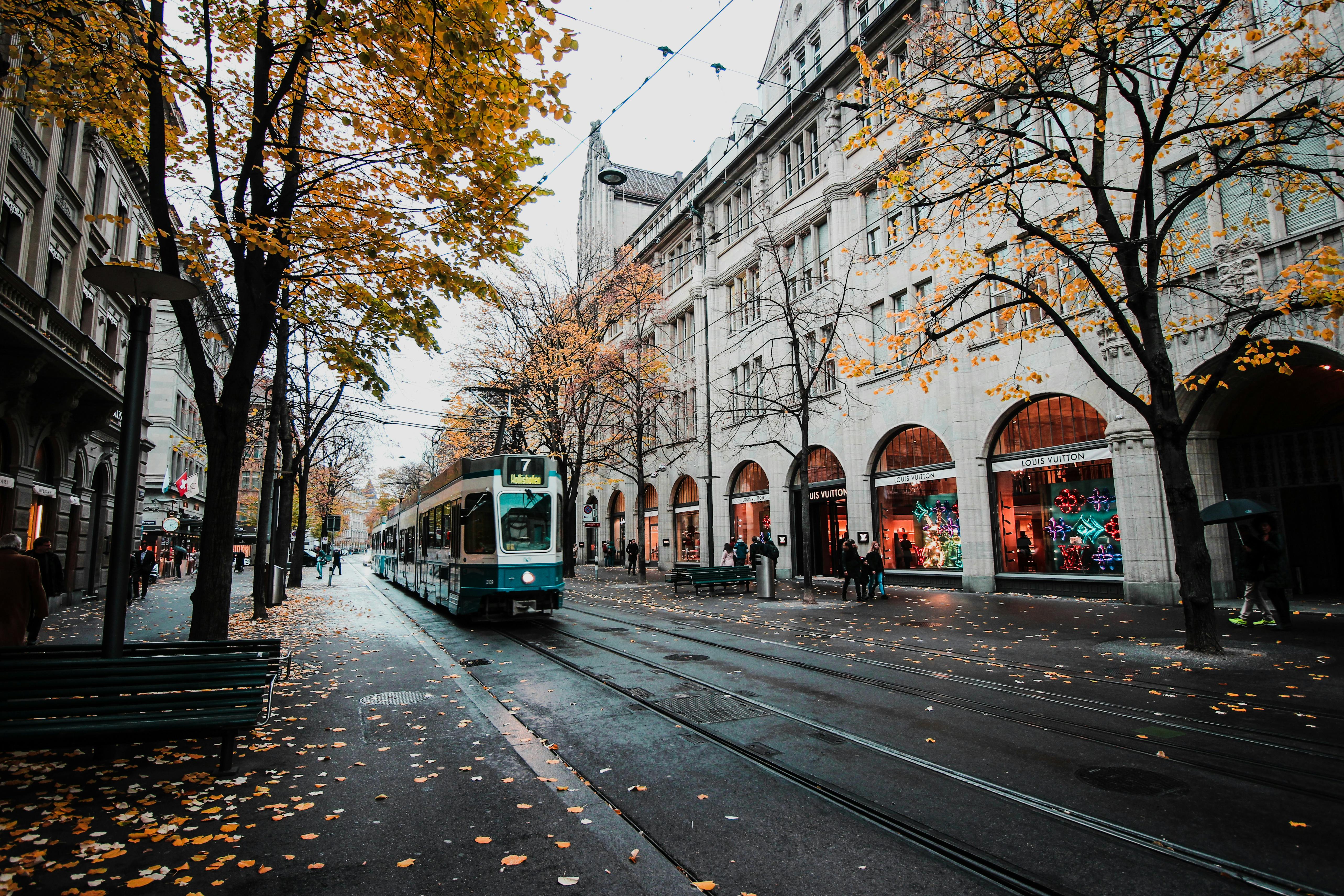
Topics covered
- Opening hours
- Chocolate
- Recycling and rubbish rules
- Using the formal and informal versions of ‘you’
- Switzerland’s national languages
- Switzerland and the EU
- Swiss legends and Wilhelm Tell
Who We're Speaking With
Welcome to the first in a series of podcasts with Diccon Bewes of Bergli Books and Daniel Shalom of Rigby AG.
Diccon grew up in Britain but moved to Switzerland in 2005. His first book, Swiss Watching, became an international bestseller and he is now writing his ninth Swiss title. He lives in Bern with his partner (and a cupboard full of chocolate).
About the Episode
Switzerland’s culture and customs are unique. If you’re new to the country, you may initially be confused about the languages, opening hours, rubbish disposal, and other Swiss peculiarities. In today’s episode, you’ll learn seven fun facts and how they relate to Swiss culture:
- Opening hours: Depending on where you live, you might not be able to shop on Sundays and public holidays.
- Milk chocolate: It was invented in Switzerland and is still extremely popular. The Swiss eat 10 kilos of chocolate every year.
- Recycling: In Switzerland, the consumer separates the different types of recycling and brings them to a recycling centre, often located inside big supermarkets. Since it costs money to dispose of regular rubbish, there is a strong incentive to recycle.
- Forms of ‘you’: In both German and French, you use a formal version of ‘you’ (Sie, vous) when speaking to people you don’t know well. As you become better acquainted, you switch to the informal version (du, tu).
- National languages: There are four — German, French, Italian, and Romansh. Most people in Switzerland speak either German or French.
- The EU: Switzerland isn’t part of the EU, but there is an Agreement on the Free Movement of Persons. EU nationals can live and work in Switzerland.
- Swiss legends: Wilhelm Tell, the national hero who shot an apple from the head of his child because he refused to bow in respect to the hat of an Austrian Vogt, is likely a made-up legend. However, it’s very important for Swiss identity and culture.
Resources
1992 referendum where it was decided not to join the European economic area
Free movement of people Switzerland-EU
Switzerland’s foreign workers in numbers
Disposing of rubbish in Switzerland
The formal and informal forms of you
The highest peak in Switzerland, Dufourspitze
The Tell Monument in Altdorf, Uri
Rütli, the meadow where Switzerland was born
Next steps
If you got something out of the podcast then please leave a review on your favourite platform. Thank you for listening.
Check out current job opportunities in Switzerland
Send us a spontaneous application
Sign up for our newsletter and receive our Living in Switzerland Welcome ebook guide.